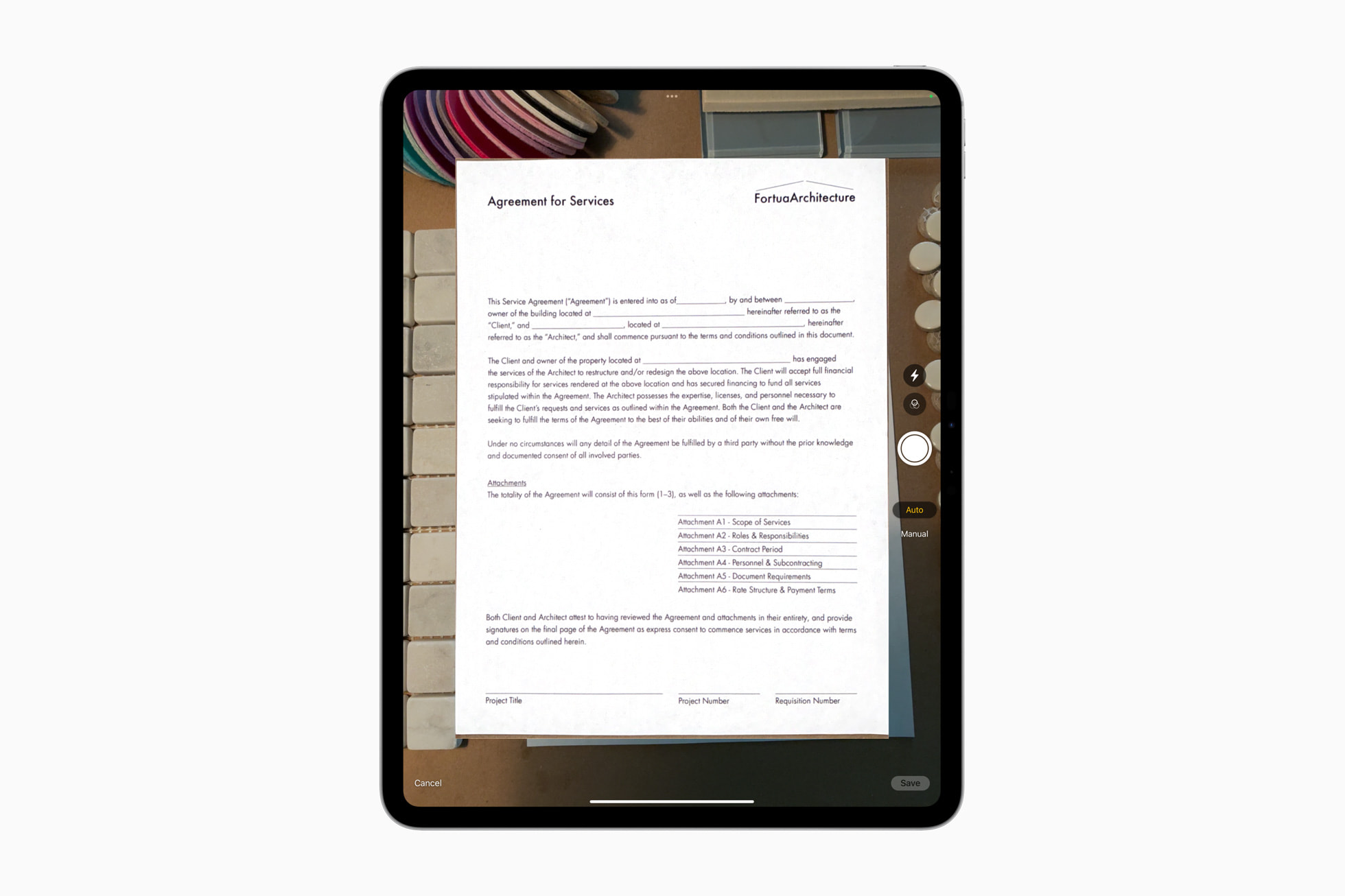New Front-Facing Camera Enhances Selfie Experience on Upcoming iPad Pro
Apple is set to introduce a new feature that could significantly improve the user experience for those who frequently take selfies or use FaceTime on their devices. According to reports, the upcoming iPad Pro equipped with the M5 chip will include a second front-facing camera positioned along the portrait edge of the device. This addition is expected to make it easier for users to capture clear and centered images regardless of whether they are holding the iPad in landscape or portrait orientation.
This change addresses a long-standing issue with previous iPad models, which only had a single front-facing camera located on the side of the device. The placement of this camera often made it difficult for users to align themselves correctly during video calls or when taking photos. With the introduction of a second camera, the iPad Pro will be able to automatically adjust to the user’s preferred orientation, ensuring a more seamless and intuitive experience.
A Shift in Camera Placement
In 2024, Apple made a notable change by moving the front-facing camera to the landscape side of the iPad Pro M4 model. This shift was welcomed by users who primarily used their devices in landscape mode, as it allowed for a more natural viewing angle during video calls. However, this change also posed challenges for users who preferred to hold their iPads vertically. The new camera placement made it harder to unlock the device using Face ID, as the sensor was not optimally positioned for vertical use.
The decision to add a second front-facing camera aims to resolve these issues. By placing one camera on the portrait edge and another on the landscape side, Apple ensures that users can easily access both cameras depending on how they hold their device. This dual-camera setup could also enable additional features such as improved depth sensing or enhanced lighting adjustments during video calls.
Performance and Efficiency Improvements
In addition to the new front-facing camera, the upcoming iPad Pro is expected to offer slight performance improvements and better power efficiency thanks to the M5 chip. This next-generation silicon is likely to deliver faster processing speeds, smoother multitasking, and longer battery life. These enhancements will benefit both casual users and professionals who rely on their iPads for productivity tasks.
The M5 chip is also expected to support more advanced features, such as improved machine learning capabilities and enhanced graphics performance. This could open up new possibilities for creative applications, gaming, and other resource-intensive tasks.
Broader Implications for Apple’s Product Line
Apple is reportedly planning to roll out its next-gen chips across several of its product lines. In addition to the iPad Pro, the Vision Pro, MacBook Pro, Mac mini, and iMac are all expected to receive upgrades featuring the latest silicon technology. This move underscores Apple’s commitment to delivering powerful and efficient devices that cater to a wide range of user needs.
As Apple continues to innovate, the focus on improving user experience through hardware and software integration remains a key priority. The inclusion of a second front-facing camera on the iPad Pro is just one example of how the company is addressing user feedback and refining its products to meet evolving demands.







